Description
There are 2 main sections in the book:
Section 1: Visual Text Comprehension
The section on Visual Text Comprehension is different from Open-Ended Comprehension. A visual text has images and words to convey meaning. These help to make the meaning of the information clearer for readers. Examples of visual texts are: web pages, flyers, posters, advertisements, brochures, newsletters.
The following common types of questions in Visual Text Comprehension are explained in this section: (a) True statement, (b) Vocabulary in context, (c) Important details, (d) Reasons, (e) Evidence, (f) Facts vs. non-facts, (g) Main aim, (h) Punctuation. 10 tests in Visual Text Comprehension follow this section.
Section 2: Comprehension Cloze
Comprehension cloze is a test of pupils’ ability to comprehend a text. There are 15 deletions in the text. The missing words are from different word classes.
The following are some useful strategies on comprehension cloze covered in this book: (a) Collocations, (b) Contextual clues, (c) Connectors, (d) Synonyms / Antonyms, (e) Summary, (f) Grouping, (g) Referring back and forward, (h) Cumulative and global comprehension. 10 tests in Comprehension Cloze follow this section.





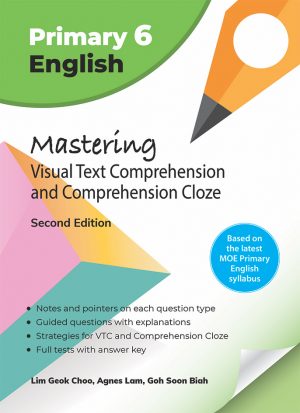
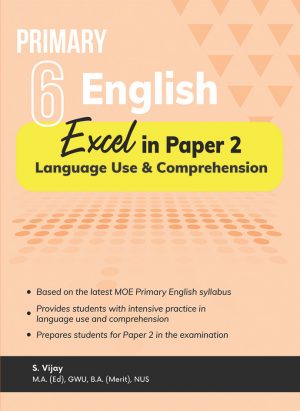
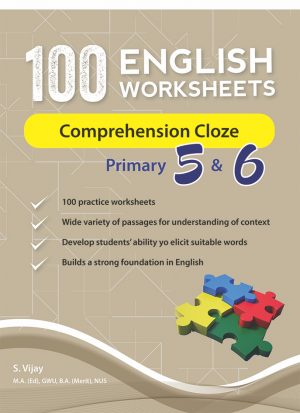
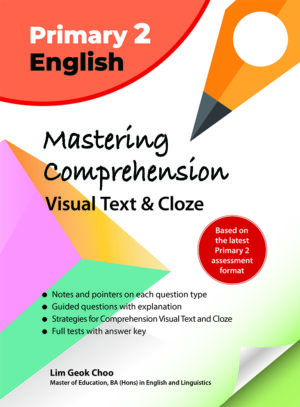
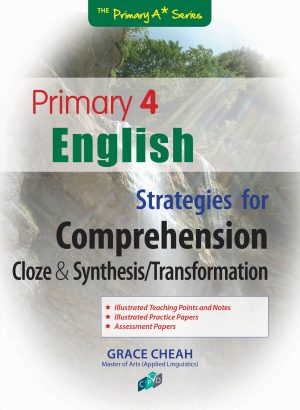
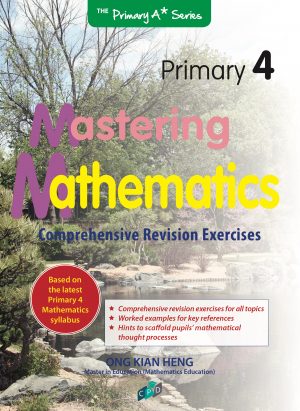
Reviews
There are no reviews yet.